Accordingly, Xiaomi confirmed that the above phenomenon mainly occurs in vehicles in the first production batch and can originate from many technical reasons. Specifically, the front bumpers of some Xiaomi SU7 vehicles lack the necessary stiffness, leading to deformation when exposed to harsh environmental conditions. In addition, uneven assembly and material expansion under the influence of temperature also contribute to the problem.
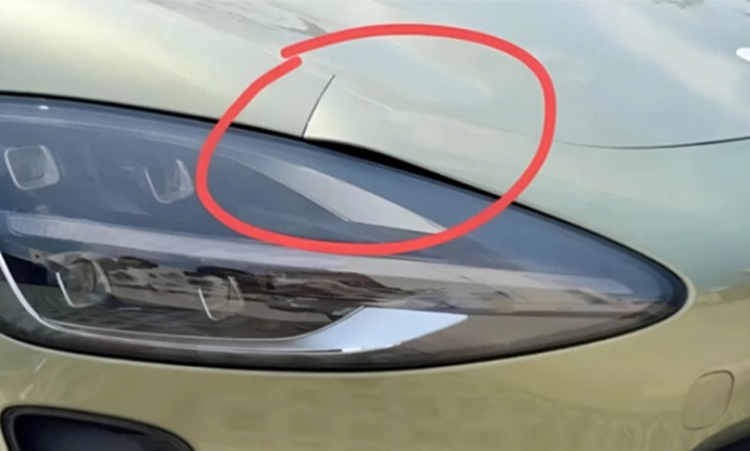
In one case, an SU7 Max owner reported that the headlight cover was warped after the car was repaired after a collision, indicating a limited survival capacity in the structural design. However, Xiaomi claims that the high-end SU7 Ultra version is not affected, due to the use of upgraded materials with better geometric stability.
In response to user feedback, the company quickly came up with a solution. Specifically, Xiaomi launched a free repair program for faulty vehicles. Most cases can be resolved in about an hour at the service center. For eligible customers, the company also arranges a team of mobile technicians to come to the site to inspect and repair, demonstrating a high commitment to after-sales service.
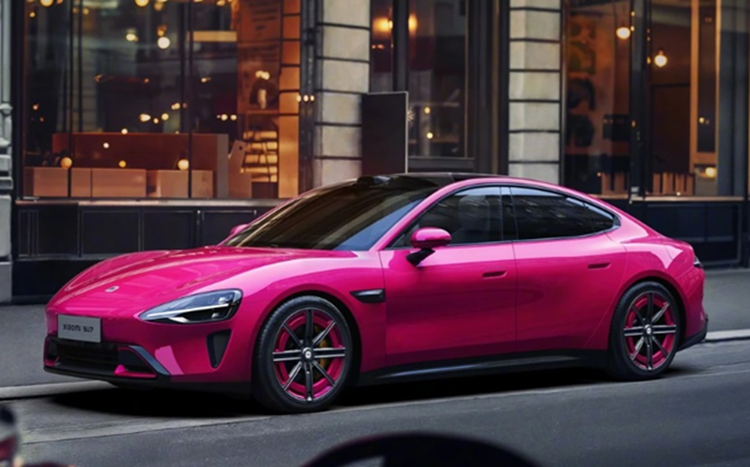
In addition to the technical fixes, Xiaomi also released a guide to safe use in extreme weather conditions, advising car owners not to park under trees in the event of hail or thunderstorms, and to always turn on the hazard lights and stop the car safely if they encounter a dangerous situation. Customers who need compensation for weather-related damage can file a claim directly through the Xiaomi Auto app, which is linked to major insurance companies in China. The process usually takes a few minutes, improving the service experience and peace of mind for users.
Despite its recent entry into the auto industry, Xiaomi has already faced its fair share of challenges. In the first few months of the year, the company has been embroiled in a series of controversies, from limiting the performance of its SU7 Ultra model to a hood design that incorporates two air ducts that are more decorative than aerodynamic. CEO Lei Jun once described the current period as “the most difficult time in the company’s 15 years of development,” as Xiaomi bets big on electric vehicles as a strategic growth driver for the future.
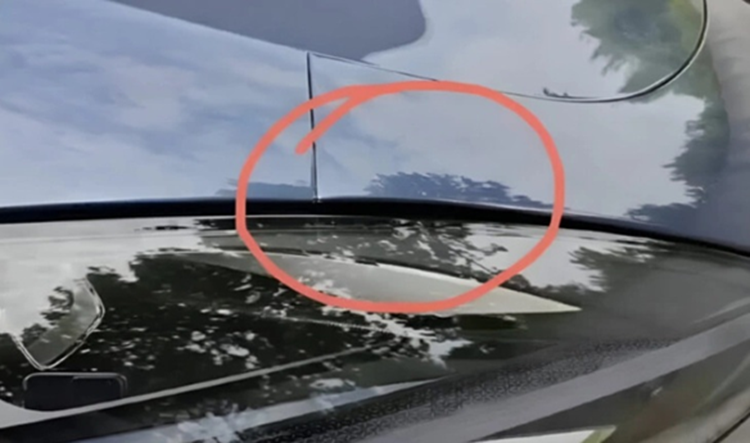
However, experts say the difficulties Xiaomi is facing are inevitable for technology companies entering the automotive industry, a field that requires strict technical standards and product quality.
In fact, Xiaomi has taken quick steps to improve product quality. Improvements related to materials and design are said to have been incorporated into the production line to minimize the recurrence of similar errors in subsequent batches.
Despite the market skepticism, most current SU7 users remain positive and patient. On Weibo, one owner shared: “My neighbor’s 2014 Tesla Model S has a much worse body clearance. For me, the SU7 is still a good choice in its price range.”
To date, the SU7 is Xiaomi’s first electric vehicle, marking a major turning point in its strategy to expand into the smart car sector. The vehicle is manufactured at the company’s high-tech factory in Yizhuang, Beijing, and has received more than 88,000 orders in just 24 days of going on sale.
Source: https://khoahocdoisong.vn/xiaomi-su7-gap-su-co-cong-venh-op-den-phanguoi-dung-lo-ngai-post1542353.html


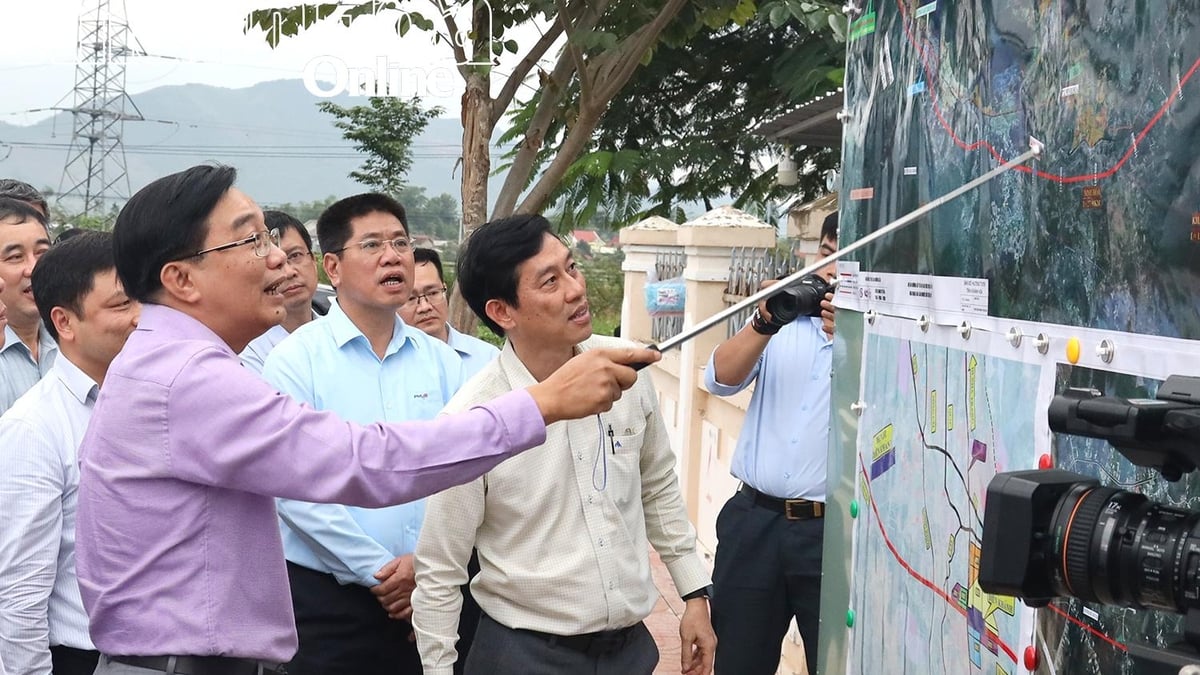


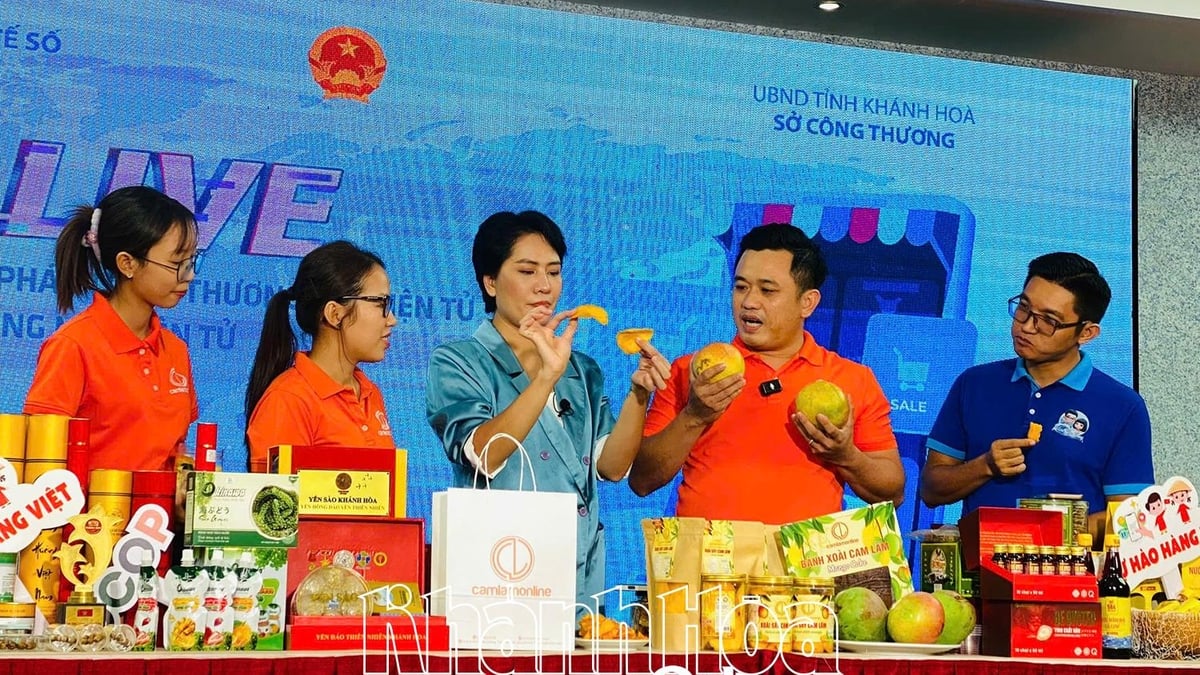
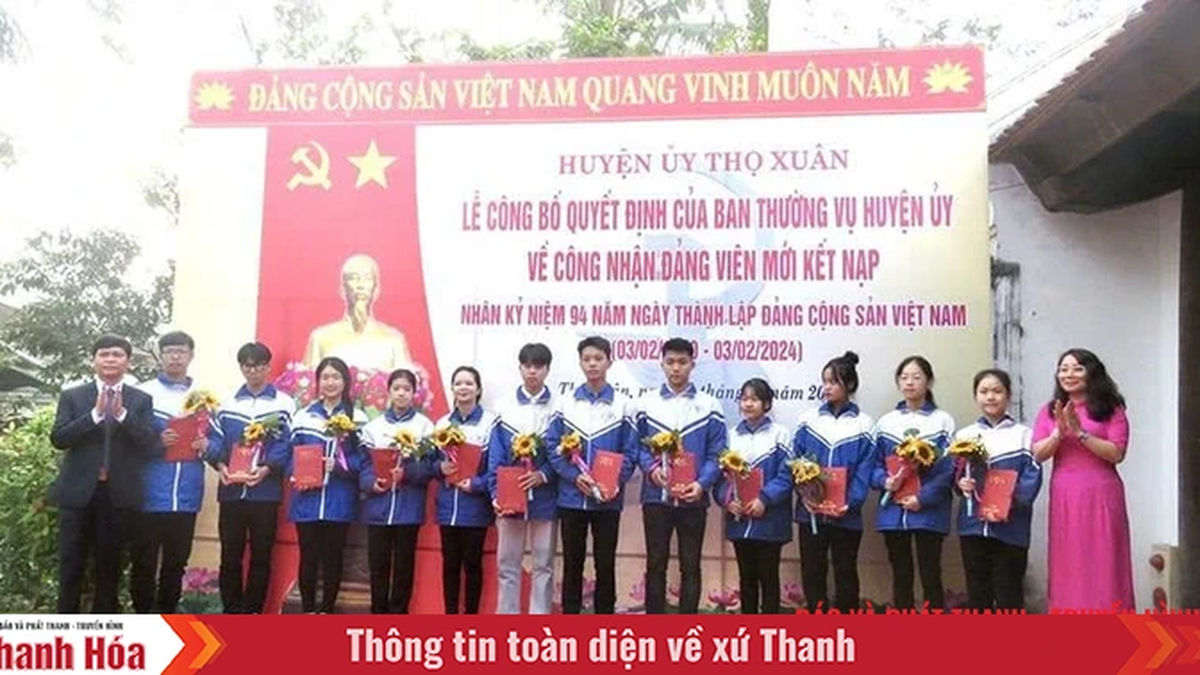
























![[Photo] National Assembly Chairman attends the seminar "Building and operating an international financial center and recommendations for Vietnam"](https://vphoto.vietnam.vn/thumb/1200x675/vietnam/resource/IMAGE/2025/7/28/76393436936e457db31ec84433289f72)





































































Comment (0)